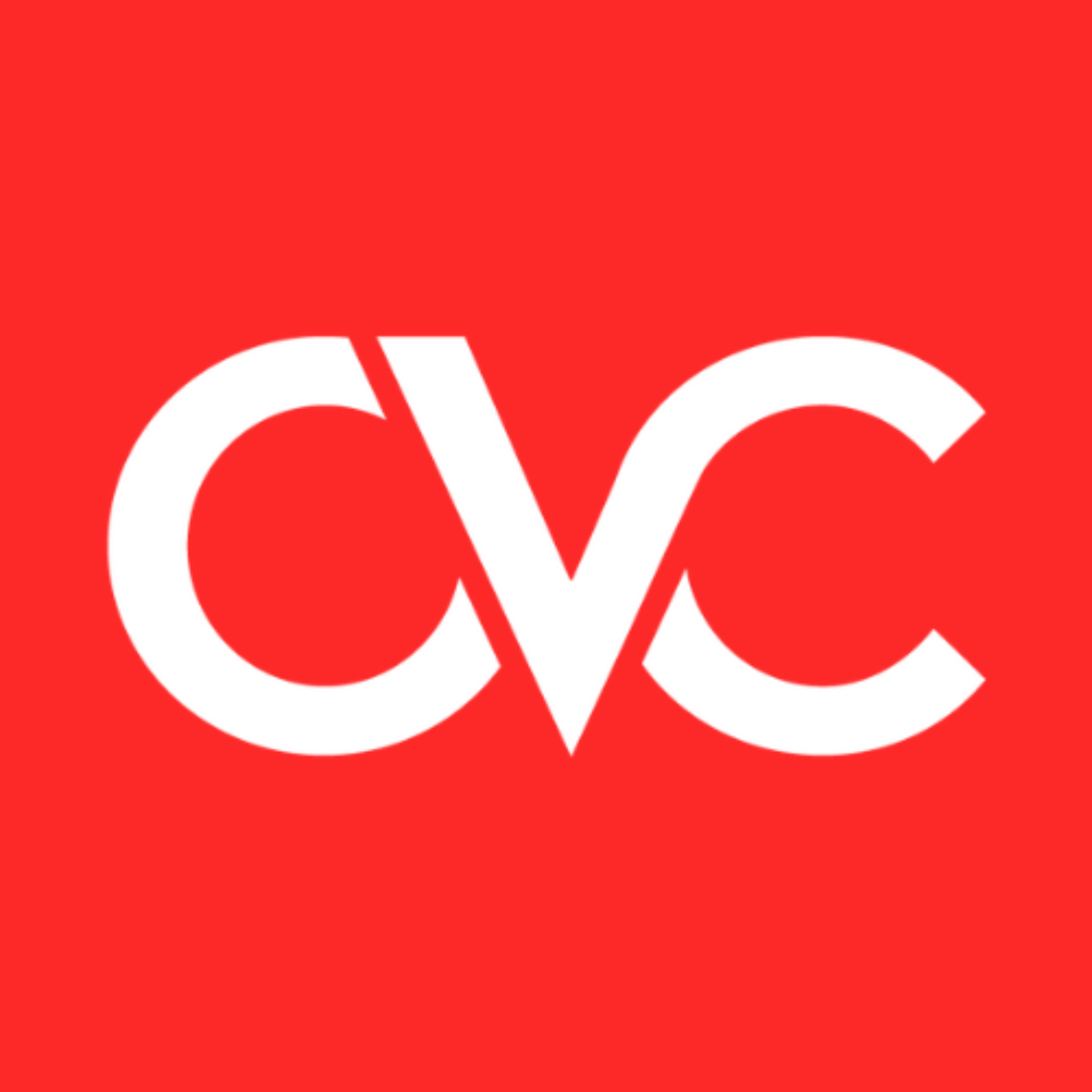

Consumer VC: Venture Capital I B2C Startups I Commerce | Early-Stage Investing I Brands | Technology
Mike Gelb
Consumer VC takes a look into early-stage consumer investing and venture capital. If you are interested in learning about consumer trends, have a b2c business and interested in learning about the fundraising process at the early stage, you have come to the right place.Mike interviews some of the top venture capitalists in the world that focus on B2C and consumer type companies or have a deep track record investing in these categories such as marketplaces, SaaS, social, CPG and non-tech subscription.Mike also interviews founders that are building some of the most disruptive consumer facing companies in the world. The conversation usually includes the insight the founder discovered, fundraising strategy, and the pitch.This podcast also includes bonus episodes. Each bonus episode dives into a particular subject that might not have to due with the fundraise or venture capital, but still would be helpful to founders. For example, a bonus episode on brand strategy or how to construct a board of directors. All bonus episodes will be clearly labeled.For all episodes, please visit www.theconsumervc.com. For updates, you can follow @mikegelb on Twitter.
Episodes
Mentioned books

Dec 29, 2020 • 32min
Holiday Highlights: Kanyi Maqubela, Managing Partner Kindred Ventures
This episode are highlights from my conversation with Kanyi Maqubela.Kanyi Maqubela, is the Managing Partner at Kindred Ventures. Kindred Ventures is a seed-stage venture capital fund, whose mission is to back visionary and dedicated founders who want to solve the most important problems and vastly improve people’s lives around the world. Some of their investments include Uber, Poshmark, Otis and Blue Bottle Coffee.Links:Click here to listen to my full conversation with Kanyi.Click here on Mobile to join our Community.

Dec 28, 2020 • 25min
Holiday Highlights: Samara Hernandez, Founding Partner Chingona Ventures
This episode are highlights from my conversation with Samara Hernandez.My guest today is Samara Hernandez, founder of Chingona Ventures. Samara invests at the preseed and seed stages on industries that are massively changing and founders whose backgrounds uniquely position them to create businesses in growth markets that are often overlooked. We discuss how she analyzes overlooked opportunities, some of the differences when investing in consumer vs. enterprise, and Chicago.Links:Click here to listen to my full conversation with Samara.Click here on Mobile to join our Community.

Dec 27, 2020 • 26min
Holiday Highlights: Eric Paley, Founding Partner at Founder Collective
This episode are highlights from my conversation with Eric Paley.Thank you Adelle Archer for introducing me to today's guest, Eric Paley, who is one of the Managing Partners at Founder Collective. Founder Collective's mission is to be the most aligned VC for founders at seed. Some of Eric's investments include Uber, CoverWallet, Seat Geek, Whoop, Thred Up and so many other incredible companies.Links:Click here to listen to my full conversation with Eric.Click here on Mobile to join our Community.

Dec 26, 2020 • 24min
Holiday Highlights: Soraya Darabi, Founding Partner TMV
This is a highlight from my conversation with Soraya Darabi.Soraya is one of the Founding Partners of TMV, where she focuses on the future of living well.Links:Click Here to Listen to Full Episode with Soraya DarabiClick Here on Mobile to Join Our Community

Dec 25, 2020 • 25min
Holiday Highlights: Rishi Garg, Partner at Mayfield Fund
This episode are highlights from my conversation with Rishi Garg.Rishi Garg Rishi is a partner at Mayfield. Mayfield is a global venture capital firm with a people first philosophy of investing.Links:Full Episode with Rishi GargClick on Mobile to Join Community

Dec 18, 2020 • 17min
Holiday Recap: Jiake Liu, CEO of Outer
This episode are highlights from my conversation with Jiake.Outer is an extraordinary company that is reengineering outdoor furniture. Business Insider named them the #1 fastest growing DTC brands.If you enjoy this episode, click here to listen to my full conversation with him.

Dec 17, 2020 • 21min
Holiday Recap: Jessica Rolph & Rod Morris, Co-CEOs of Lovevery
This episode are highlights from my conversation with Jessica & Rod.Jessica Rolph and Rod Morris, the co-founders of Lovevery, staged-based play essentials designed by experts, built for babies and toddlers up to age 3.If you enjoy this episode, click here to listen to my full conversation with Jessica & Rod

Dec 16, 2020 • 15min
Holiday Recap: Michael Barlow, CEO of Fernish
This episode are highlights from my conversation with Michael Barlow, CEO of Fernish.Thank you Anna Barber for the intro to today's guest, Michael Barlow, founder and CEO of Fernish. Fernish offers premium furniture rentals that feel like home, delivered and assembled in a week.If you enjoy this episode, click here to listen to my full conversation with XXX

Dec 15, 2020 • 11min
Holiday Recap: Betsy Fore & Sofia Laurell, Co-CEOs of Tiny Organics
This episode are highlights from my conversation with Betsy Fore & Sofia Laurell, Co-CEOs and Founders of Tiny Organics.Tiny Organics delivers organic, fresh, nutrient-rich baby and toddler meals created by their Infant Nutritionist. Their goal is to help every parent feed their baby and toddler the healthiest food.If you enjoy this episode, click here to listen to my full conversation with Betsy and Sofia.

Dec 14, 2020 • 19min
Holiday Recap: George Milton, CEO of Yellowbird Sauce
This episode are highlights from my conversation with George Milton.George Milton is the co-founder and CEO of Yellowbird Sauce, Spicy condiments crafted to take you on a fiery–fresh food adventure.If you enjoy this episode, click here to listen to my full conversation with George


